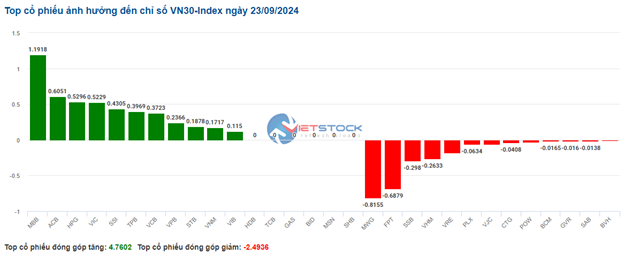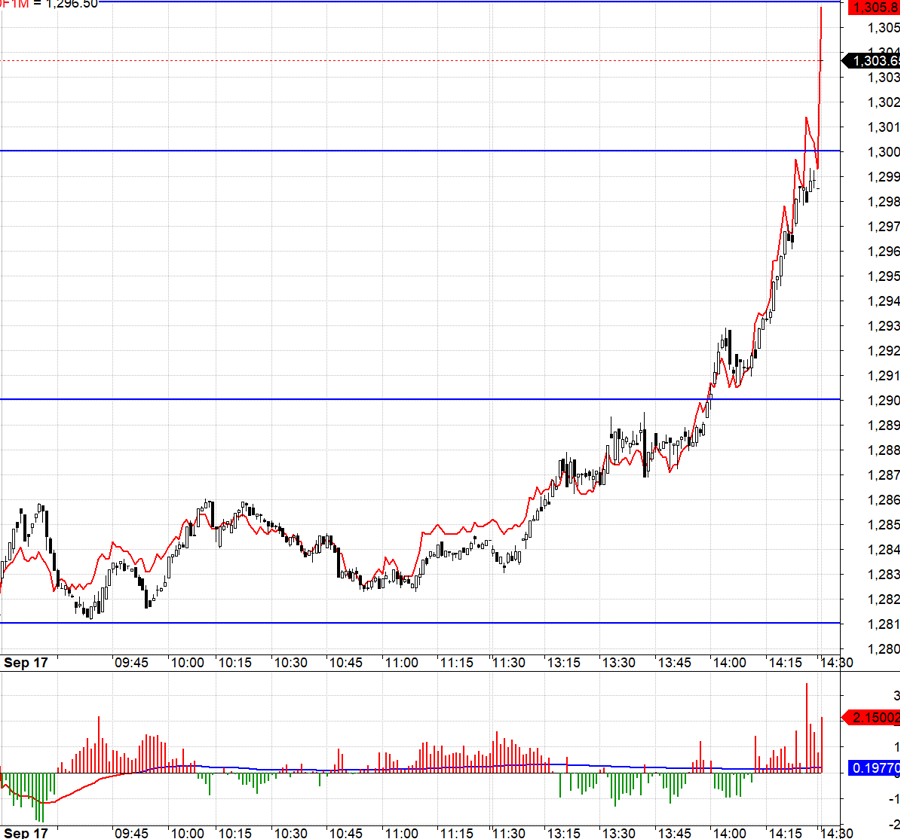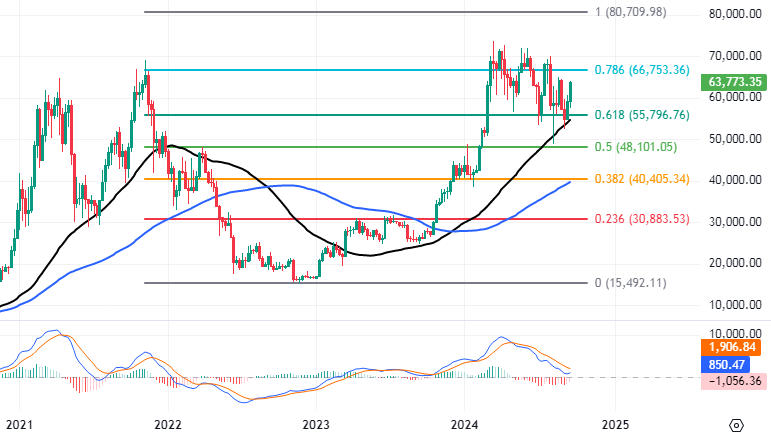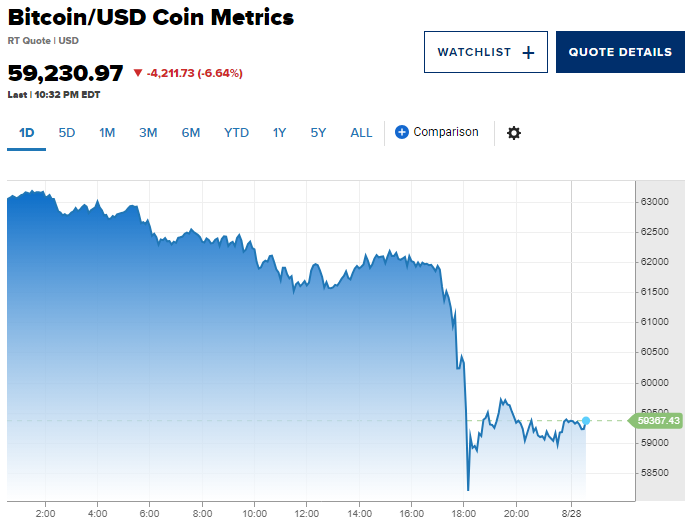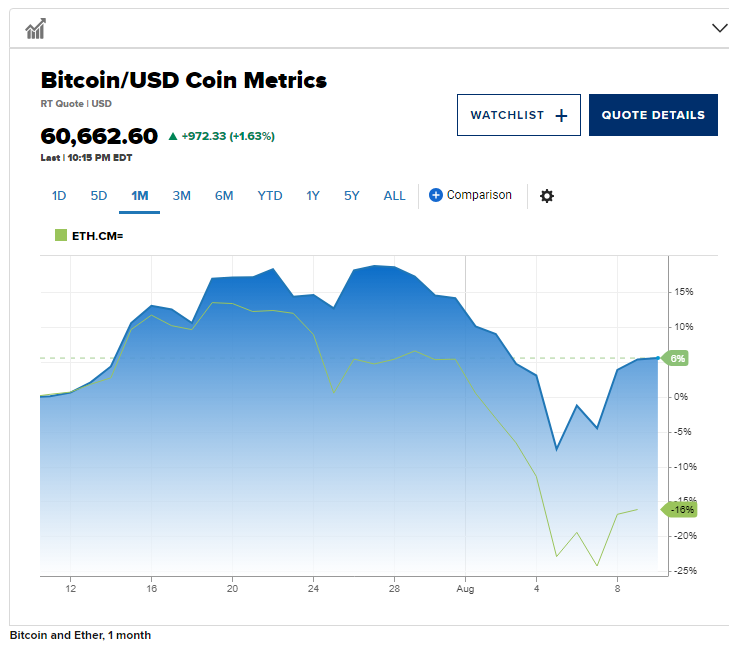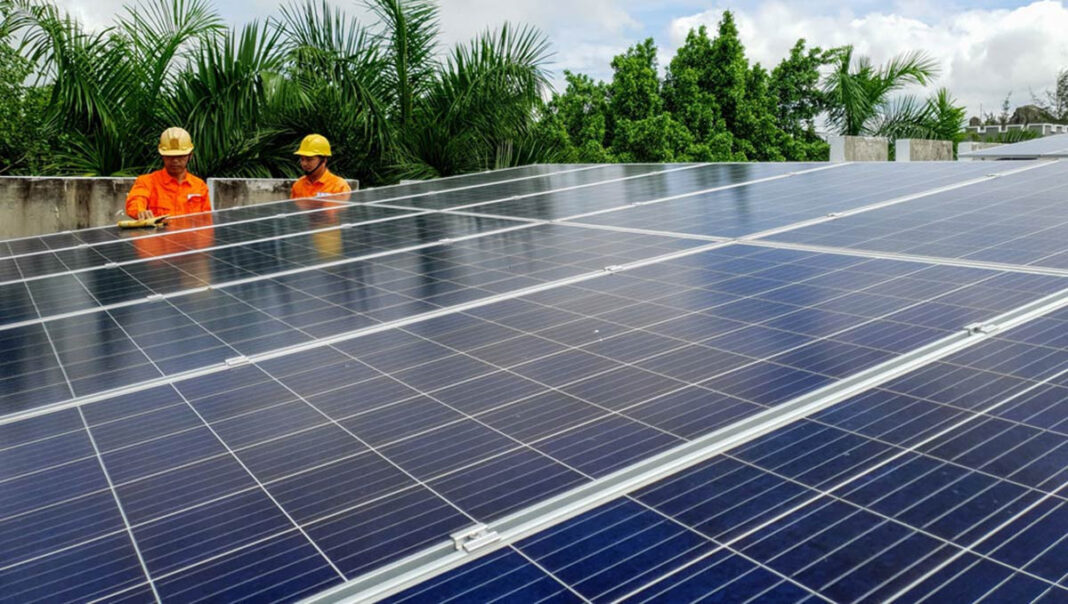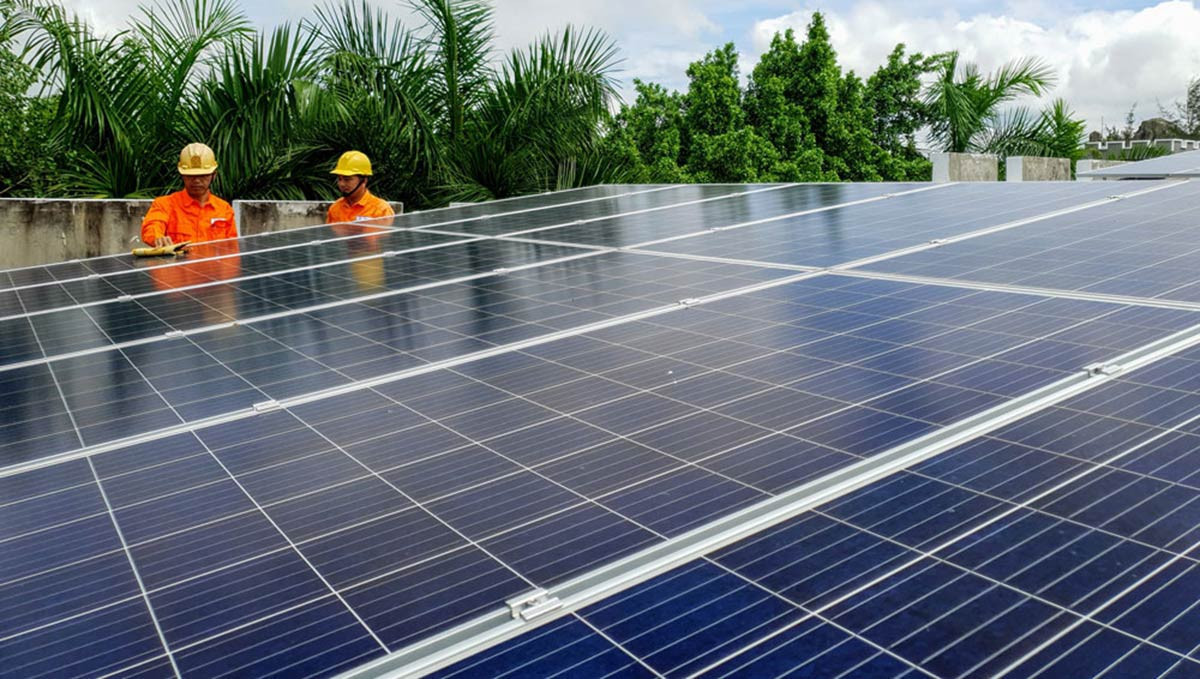The Vietnam Chamber of Commerce and Industry (VCCI) has recently submitted a proposal to the Ministry of Industry and Trade regarding the draft Decree on the development of rooftop solar power in Vietnam.
The draft decree currently regulates the adjustment of cases for installing rooftop solar power systems without selling the excess power to other organizations or individuals, including power companies.
In this regard, VCCI has presented the opinions of several businesses regarding the situation where electricity is bought and sold between organizations and individuals within the same building, and whether it falls under the scope of the regulations.
This refers to cases where within the same building, there are multiple organizations and individuals utilizing electricity, and one of them invests in a rooftop solar power system with the intention to sell the power to other organizations and individuals within the same building. This means that the electricity generated from the rooftop solar power system is only transmitted among individuals and organizations within the same building, without going through the power grid of the electricity company.
According to VCCI, many businesses believe that allowing the buying and selling of electricity between organizations and individuals within the same building would provide additional resources for the development of rooftop solar power systems, leading to better load balancing (by reducing excess electricity). Therefore, it should be encouraged.
VCCI recommends that the drafting agency revise the regulations to allow the buying and selling of rooftop solar power systems between customers without transmitting the power through the national power grid.
Moreover, the draft currently specifies that rooftop solar power systems that are not connected to the national power grid still need to undergo registration procedures at the provincial People’s Committee.
VCCI states that according to the assessment of many businesses, this regulation is unnecessary. This is because these are usually cases where small solar panels are installed to serve specific electrical devices that do not require continuous operation, such as pumps or devices with accompanying energy storage.
Furthermore, these types of rooftop solar power systems do not have any negative impact on the safety of the power grid and are not restricted in terms of total capacity. Therefore, there is no need for the state to manage them through administrative procedures related to electricity.
In cases where these rooftop solar power systems need to be managed in terms of construction safety or fire protection, corresponding procedures are already in place.
Therefore, VCCI proposes that the drafting agency clearly stipulate that rooftop solar power systems not connected to the national power grid do not need to undergo development registration procedures.
In addition, the draft also specifies that rooftop solar power systems connected to the national power grid are limited to a total capacity of 2,600 MW according to the Eighth Power Development Plan.
According to VCCI, this regulation is not truly appropriate because the capacity limit applies to both cases where power is transmitted to the grid and cases where it is not. In the case of rooftop solar power systems connected to the grid but not transmitting power, it does not increase the national power grid’s capacity, but only reduces the load. Therefore, VCCI proposes that the drafting agency amend the regulations to limit the capacity to 2,600 MW only for cases where rooftop solar power systems transmit power to the grid. Cases where rooftop solar power systems are connected to the national power grid but do not transmit power should not be subject to the total capacity limitation.
Moreover, many businesses have raised concerns about the current obstacles in installing rooftop solar power systems. Administrative procedures related to construction, fire protection, and environmental protection for rooftop solar power systems are still unclear and vary across different localities.
Businesses believe that one of the most important measures to develop rooftop solar power is to have clear and transparent regulations, and to apply consistent administrative procedures so that businesses and individuals can conveniently apply them.
Therefore, VCCI suggests that the drafting agency add additional policies to review the relevant legal regulations in other related fields regarding the installation of rooftop solar power systems and propose amendments to this decree.
Hanh Nguyen


